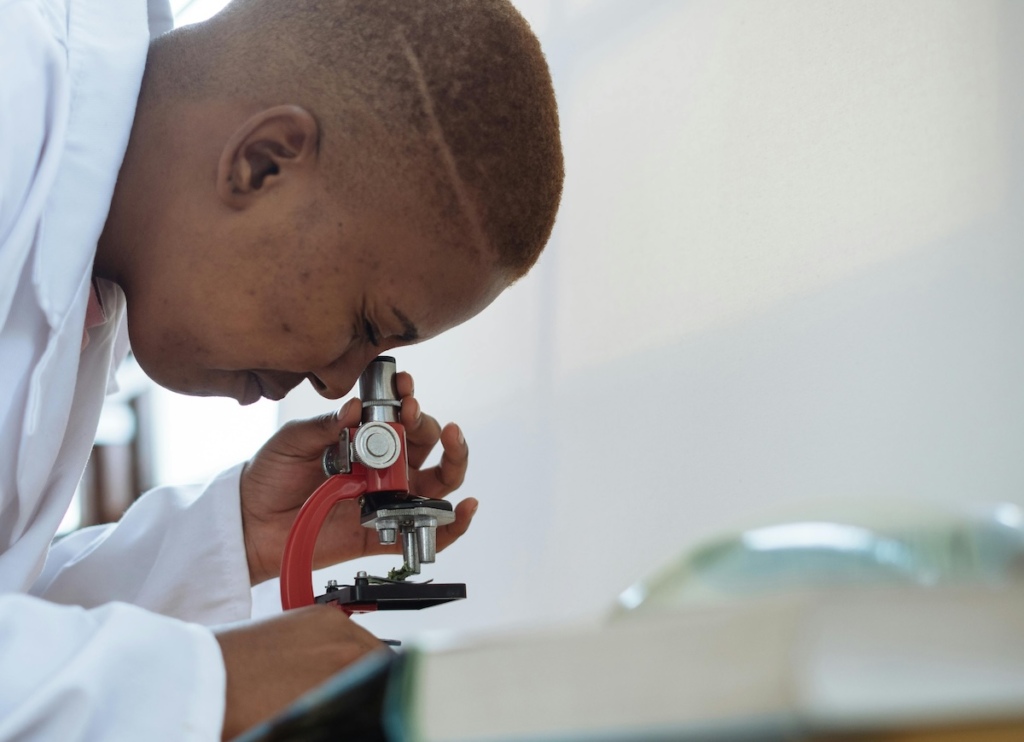
BMJ Group has launched the BMJ Collection on women’s health innovation in partnership with the Gates Foundation. The collection examines how equitable innovation can address gaps in women’s health research and development.
The collection includes original articles from experts in 14 countries across six continents addressing data science, artificial intelligence, regulatory reform, and women’s leadership in healthcare. Topics span cervical cancer screening in low-income settings, clinical trial design, digital health technologies, regulation of femtech, AI-supported diagnostics, and clinical practice guidelines.
Only 5% of global health research and development targets female-specific conditions, and just 1% of healthcare R&D is invested in female-specific conditions beyond oncology. Women spend 25% more time in poor health than men despite living longer. Women comprise 70% of the health workforce but hold only a quarter of leadership roles.
The collection covers six domains from the Women’s Health Innovation Opportunity Map: data, research design, policy, social determinants, leadership, and careers. Articles examine issues including underrepresentation of women in clinical research, barriers to HPV vaccine access, and the need for inclusive clinical trial designs.
Ninety percent of cervical cancer deaths occur in low- and middle-income countries. Women remain underrepresented in clinical research, limiting the effectiveness and safety of many treatments.
The collection was developed through BMJ journals including The BMJ, BMJ Innovations, and BMJ Global Health. Open access fees were funded by the Gates Foundation. Dr. Jocalyn Clark, The BMJ’s International Editor, served as editorial lead.



